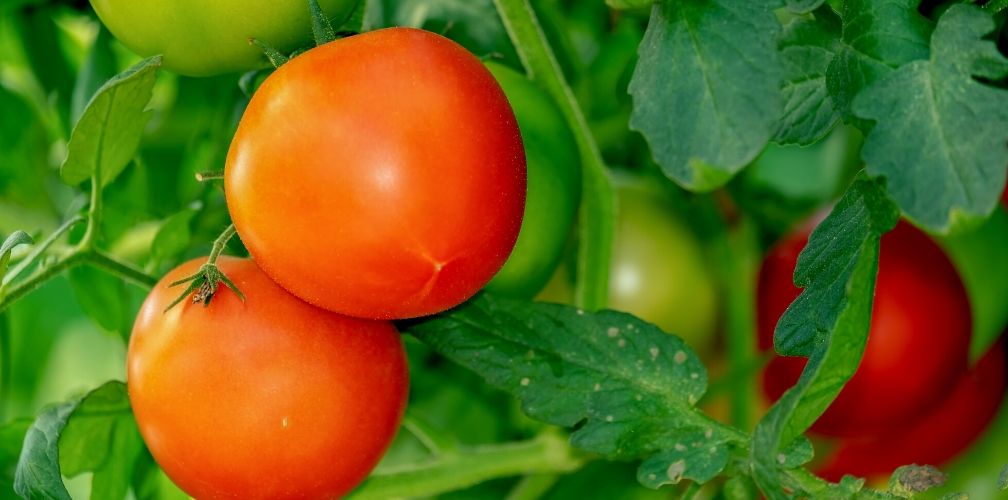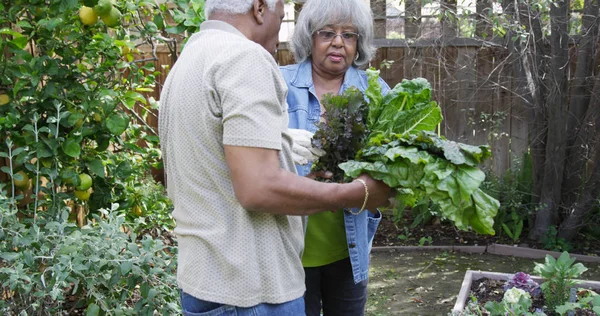How can you as a buyer or seller deal with high food price volatilities in the market? The price of the staple ingredient in most Kenyan households has skyrocketed in our urban markets. Whereas the average price per tomato fruit was Ksh 5 last month, it has gone up to Ksh 20-35 in some towns like Nairobi and Mombasa. This has increased food costs for individual and organizational buyers already molested by the high cost of living and inflated food prices. A few farmers and food traders are celebrating the supernormal profits before the prices can normalize.
Price seasonality is regular for most farm goods in Kenya. It affects all market players negatively. Farmers lose their profits in low price season, and consumers spend more in high price periods. Learn how to avoid losing money to high price volatility in farm products whether you are a tomato buyer, a trader or a seller.
Tips for consumers
Kenyans spend around 45% of their income on food. Individuals, hotels, restaurants and food vendors buying tomato fruits are losing in the current crisis. You can not enjoy the full value of your money after buying low-quality fruits expensively. The following frugal tips can help you save cash despite high prices.
I. Avoid the highly-priced tomatoes
Unless tomatoes are a prescribed drug for a life-threating ailment, avoid buying the “golden” berries till they are affordable again. You will avoid overspending your cash on food budget. Use the same principle to eliminate food and fresh produce commodities from your basket. Direct your savings to buy healthier and nutritious meals.
II. Buy substitute tomato products
There are several alternative food products on offer that you can use in place of fresh tomato fruits. The following is a list of safe substitutes you can shop online or in the nearby outlet today.
- Sun-dried tomatoes
- Canned and frozen tomatoes
- Tomato sauce
- Tomato Paste/puree
III. Order cheap tomatoes upcountry
If you cannot do with tomatoes, contact your relatives or friends upcountry for the favour of a fresh batch from rural markets. Get them unripe to lengthen their shelf life. It will amaze you how low the farm-gate prices at home may be. If you are enterprising enough, order in bulk and make money supplying them to colleagues, friends and neighbours.
IV. Use alternative ingredients and spices
For food that is tasty, eye-appealing and having a sweet-smelling aroma, consider other ingredients instead of tomatoes. These include the capsicum, carrots, coriander, pumpkins and red onions. The prices for these alternative products have remained constant unlike the price of tomatoes.
Additional processed ingredients include Royco, curry powder and beef cubes. Order these online today and store them for long-term use.
V. Add value (DIY) of tomatoes
The above tips are mostly short-term fixes, a long-term solution to combating this price volatility especially for medium and large hotels and restaurants is processing value of tomatoes in-house. This also provides entrepreneurial opportunities for farmer groups and youth in agribusiness. Methods you can process tomatoes are;
- Freezing
- Drying
- Processing tomato paste and sauce
- Packaging
To add the value of tomatoes efficiently invest in modern equipment. Where local manufacturers are not fabricating cheap ones as per your needs, order the very best online today from leading sellers that are customizable to your processing capabilities
Tips for producers and food traders
Food suppliers lose their profits regularly because of price seasonality. This is even worse for informal traders in the unregulated market whose price is solely determined by market forces of demand and supply. The prolonged rainy season in tomato growing regions creating a scarce supply precipitated the current crises. Besides, farmers are grappling with incidences of the crop’s disease and pests. This section offers 4 tips for tomato farmers and traders to deal with low market prices.
I. Explore contracted farming
The only sure way a farmer can make profits is through contracted farming. You will get a price commitment from your buyer before investing. This way you get an assurance of the profits you will earn cautioned from unpredictable market forces. You can approach some established off-taker players in the domestic and foreign market space.
Pros
- In contracted farming, you will also have access to free extension services, cheap financing and a readily available market for your acceptable products as per contract specifications
Cons
- The potential loss of higher income when prevailing market prices are higher compared to contract price tempting you to engage in “side selling”
- Buyers may only select the best quality products and leave you with a challenge of seeking a market for “rejects”
II. Invest in value addition
Processing your tomatoes for urban and export markets will earn you extra money than your neighbours selling fresh fruits. There are various tomato processed products such as sauce, paste, purees, jams and dried fruits. The tomato production methods can range from direct sun-drying, crushing, packaging and labelling among others. Effective branding marketing and direct sales will guarantee higher revenues.
Tomato processing, as well as value addition of other fruits and vegetables, is a viable cottage industry idea for the youth and micro, small and medium enterprises in agribusiness.
Pros
- Value addition of fresh agricultural markets will create sustainable profits for smallholder farmers, create employment, reduce post-harvest food wastage and build up our food and nutritional security.
Cons
- Agro-processing investments are expensive and technical. This may call for strategic and joint investment ventures with local processors and foreign exporters. This will eat into the local investor’s profits.
- Scarcity in the fruit production is regular and plans for higher production, aggregation and logistics must be optimized for your efficient processing
III. Observe good agricultural practices (GAP)
Adherence to the GAP in tomato production will cause high yields in terms of quality and quantities. It also proposes hygienic production, handling and distribution. You can market this via high-end supermarkets and hotels. You can also target tourists, expatriates and other consumers with an appreciation for food safety and health standards and traceability from farm to fork. This would guarantee a premium price as compared to the open market.
IV. Practise protected Agriculture
We attribute the current scarcity to the prolonged rainy season in the country. Climate change is the number one threat to our food production. Farmers must adopt climate-smart agriculture methods that mitigate the risks of droughts and flooding. One of these methods is protected agriculture that promotes the use of greenhouses, net houses and drip irrigation.
Growing your crops under green and net houses assist you to produce quality yields consistently. As a tomato farmer, it will protect your crops from extreme rainfall, scorching sun rays, wind, hail and some pests. This would guarantee a bumper harvest in dry and prolonged rainy seasons, minimizing your losses as compared to open field farming.
Protected farming is an intensive system and requires heavy investment.




Very educative piece.